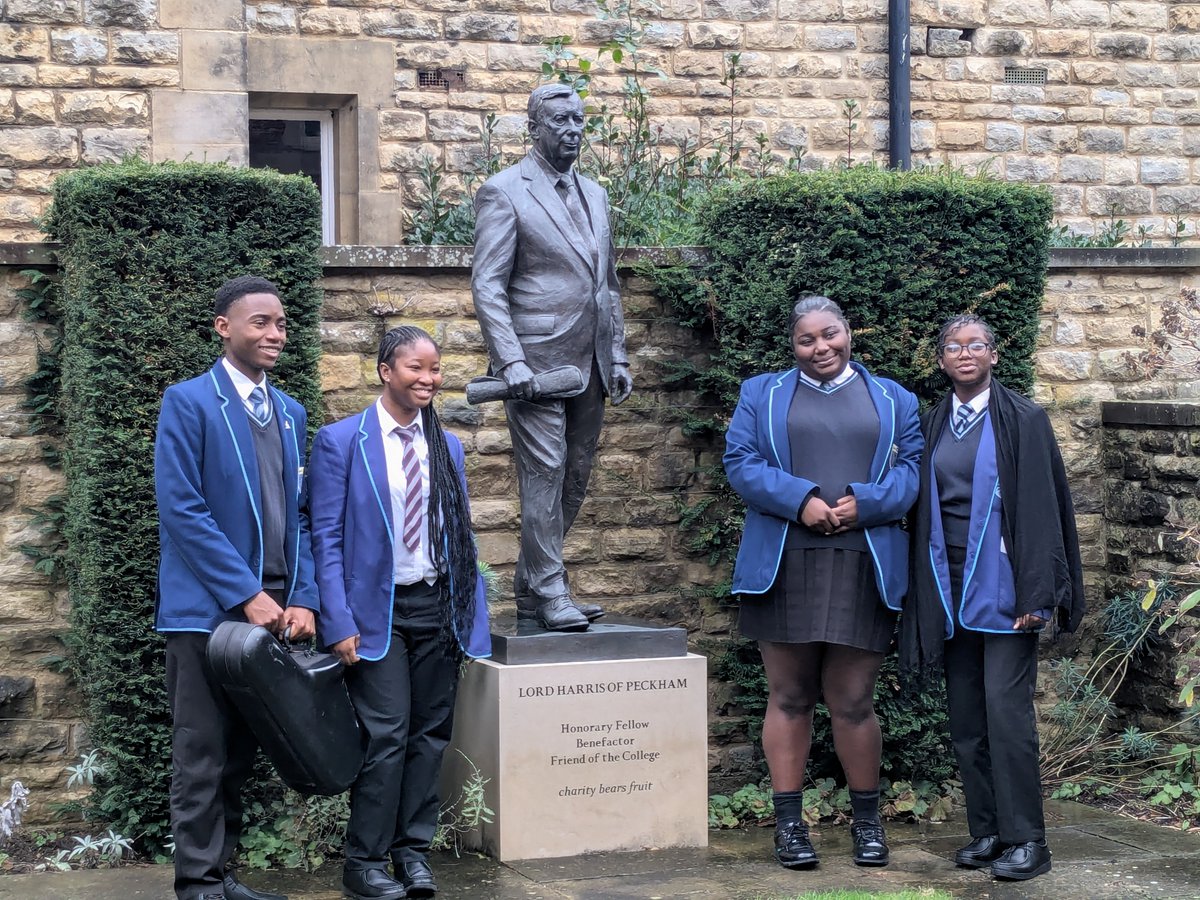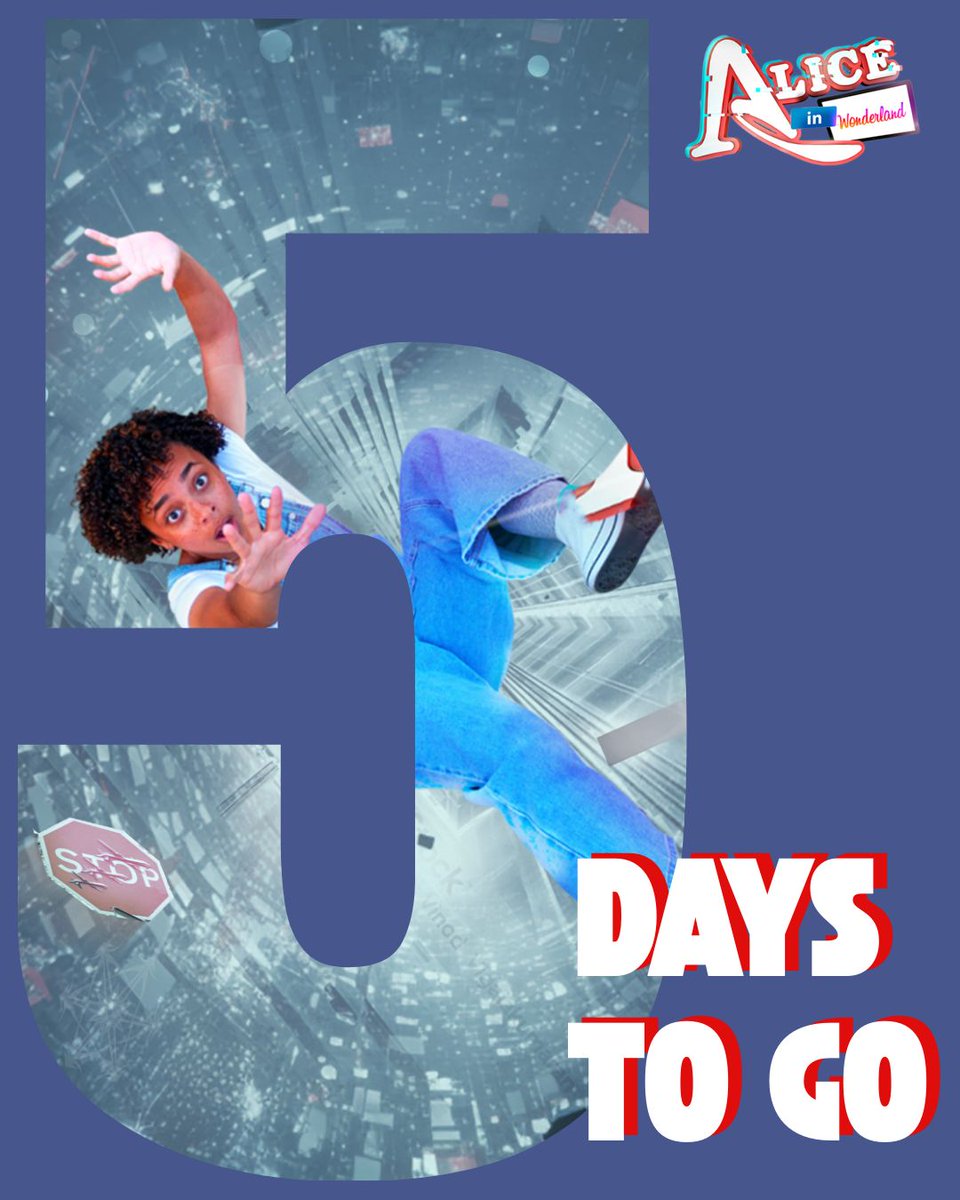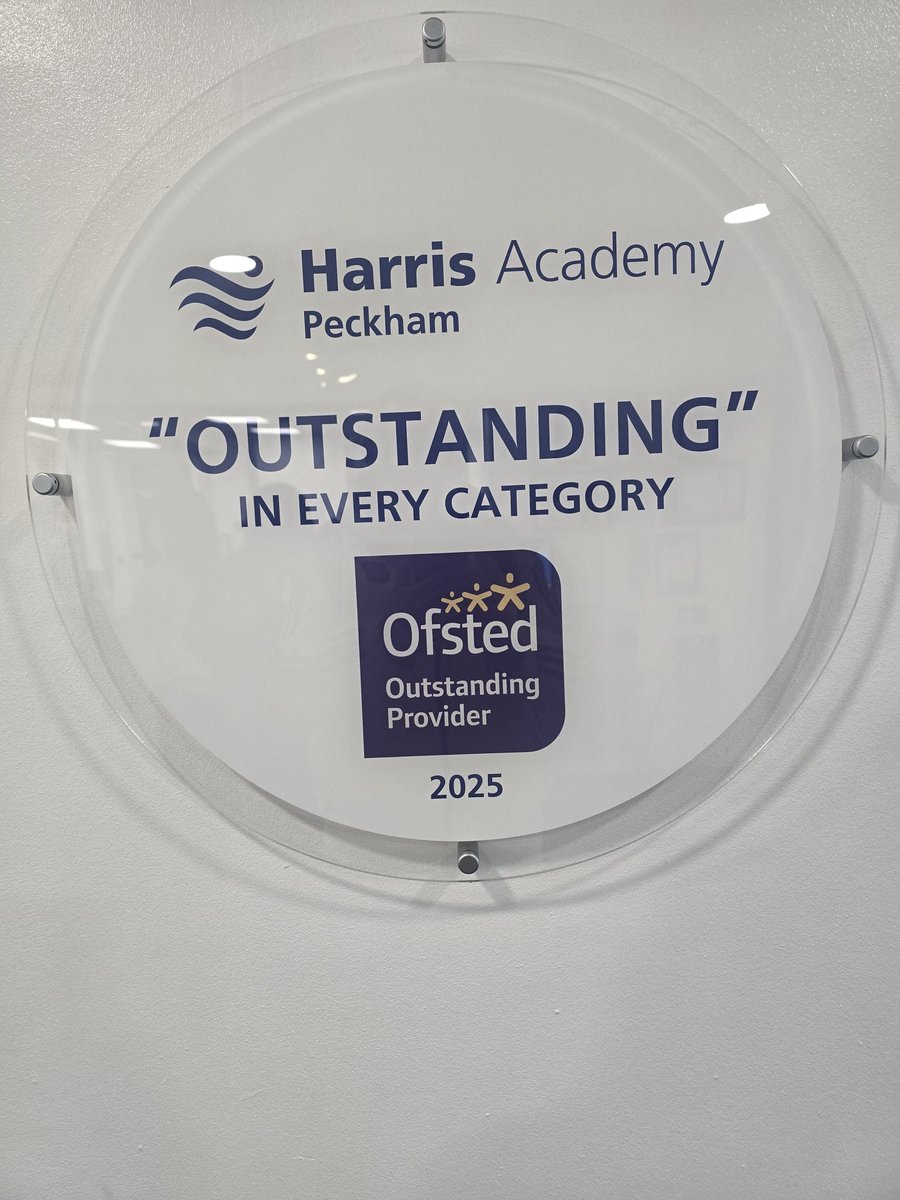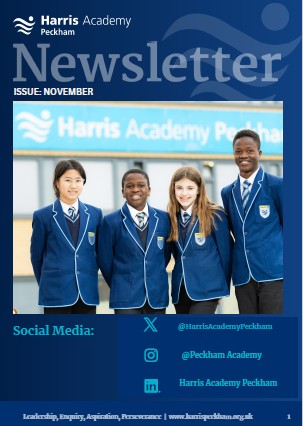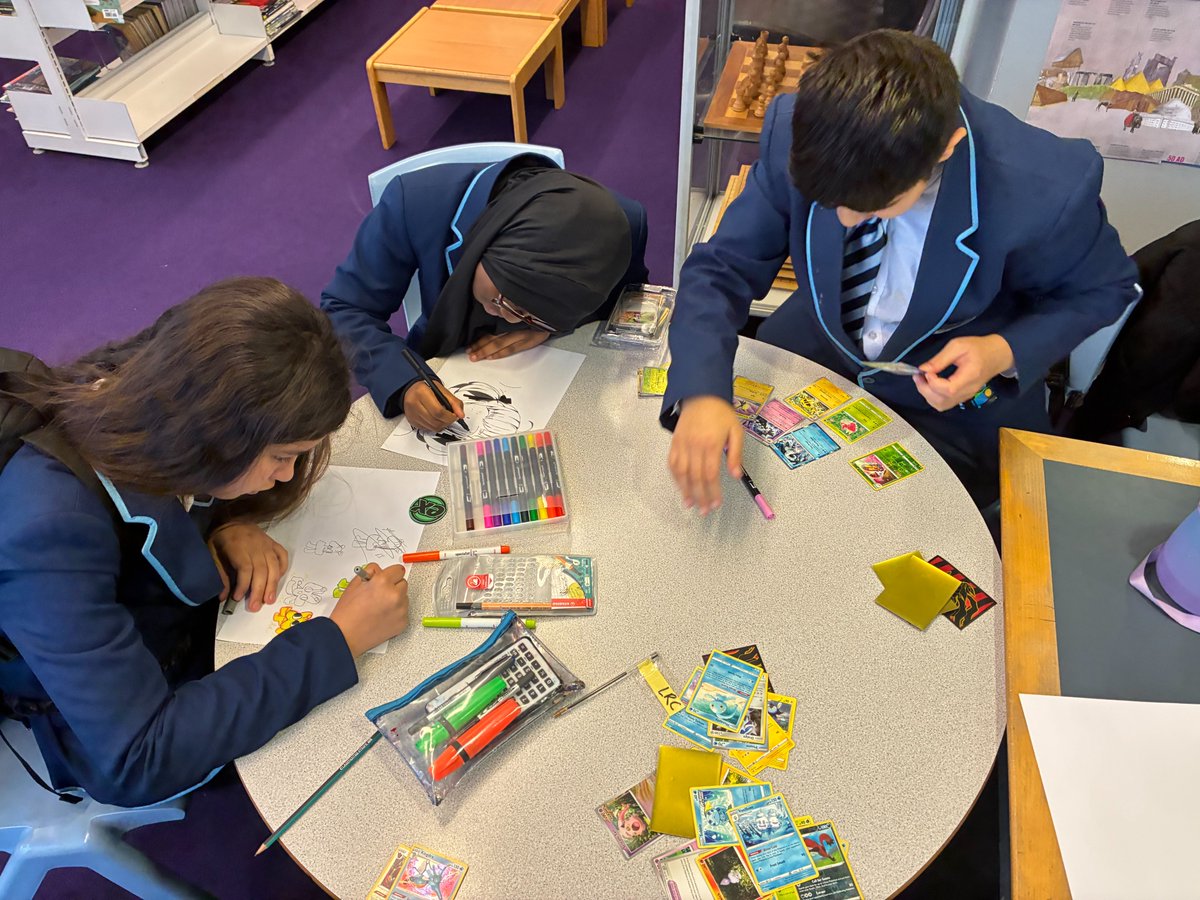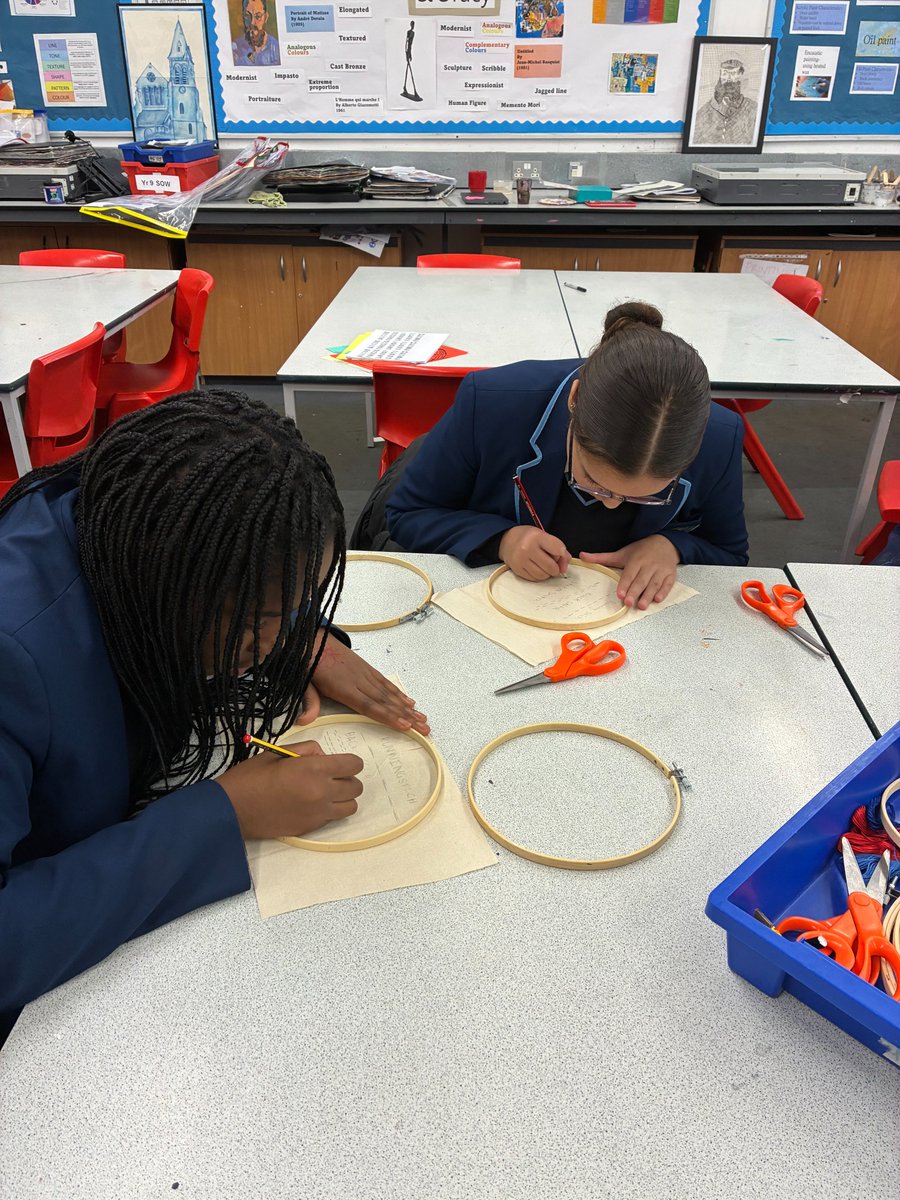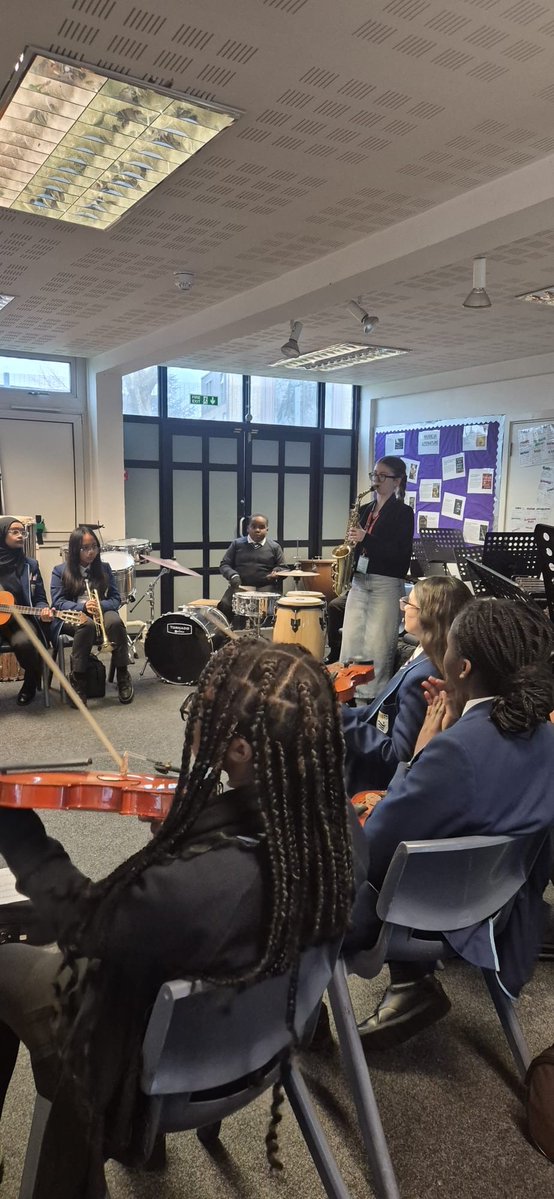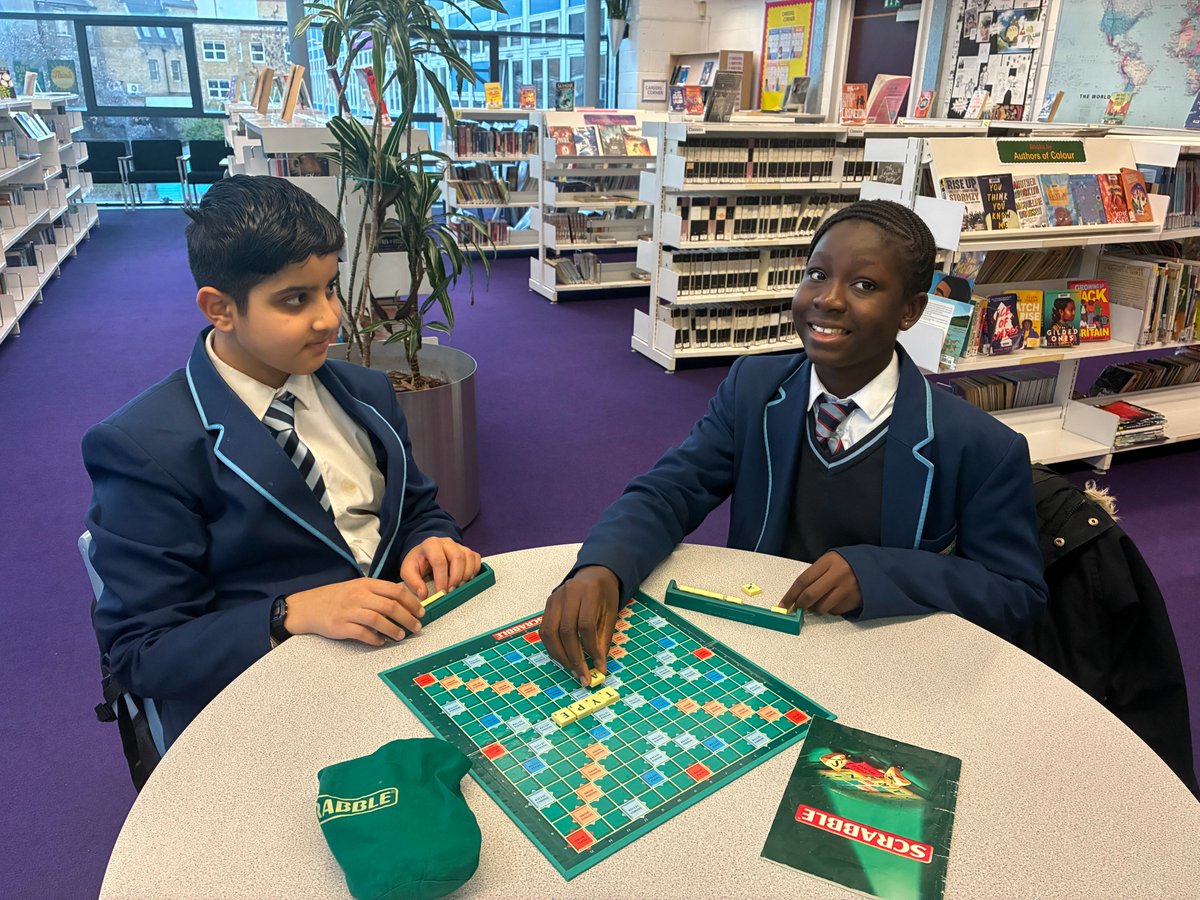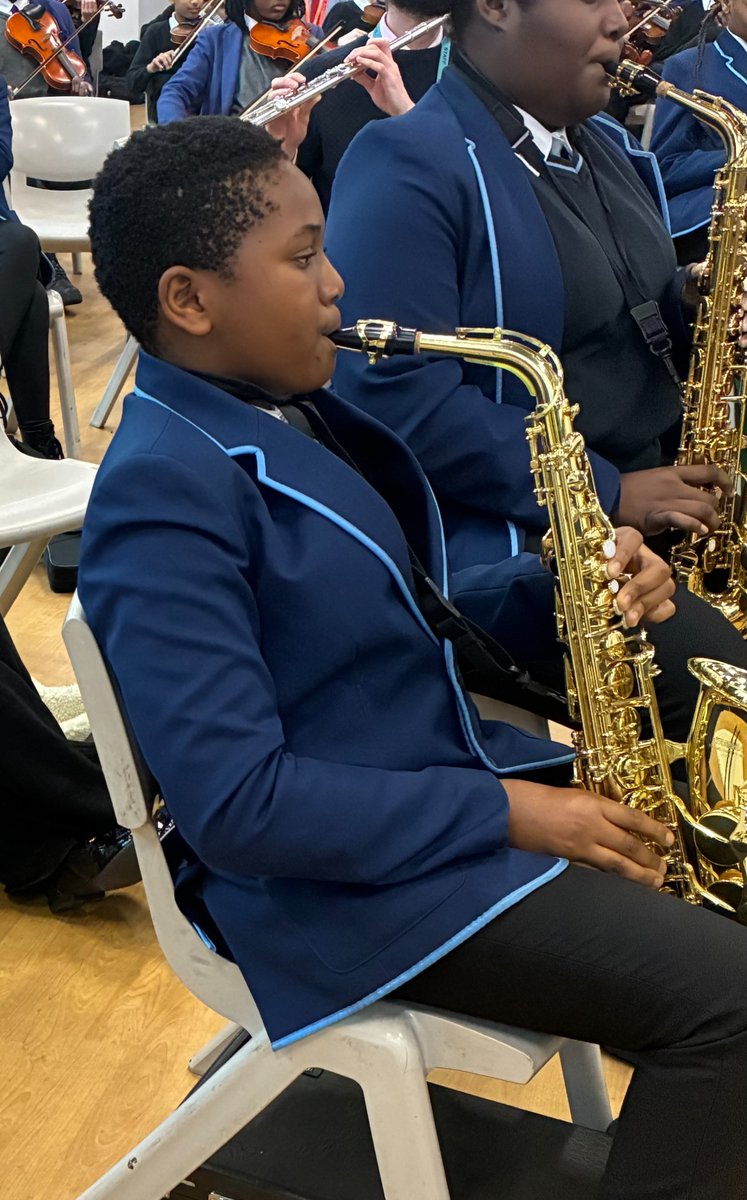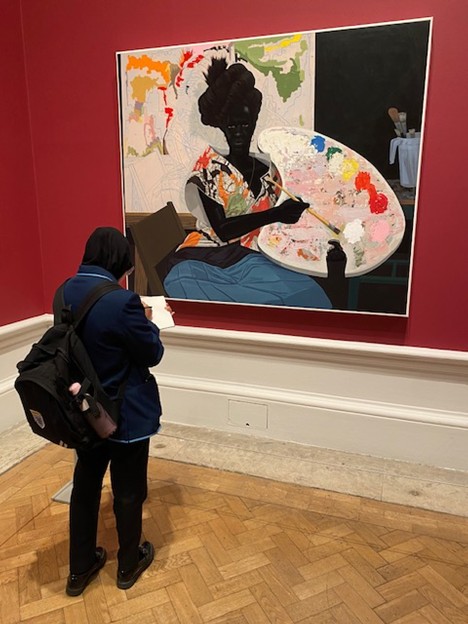English
At Harris Academy Peckham we recognise that English is not simply a core subject, but an essential skill for life. Effective practitioners can clearly articulate their responses to the world around them and make considered interpretations of the responses of others.
It is our responsibility, therefore, to develop effective practitioners; subject experts who can engage in disciplinary thinking. This means that they have a secure understanding of the technical concepts underpinning the subject, as well as the big ideas that frame the way we all think, speak and write about the world. To do this, each unit of work is framed within an Overarching Enquiry Question; an open, engaging question through which students:
- acquire subject-specific knowledge;
- replicate the thoughts and actions of subject experts and, most importantly;
- develop and express their own unique, informed opinion, using the appropriate technical conventions.
By the end of each unit, all students will be able to comprehensively address the question, using a predetermined oral or written format. This requires individual student agency; a reason to be invested in (and engaged by) the material being covered.
Most people teach Biology by starting with the Molecule! This is exactly the wrong way to go. No one cares about the molecule. I don’t care about the molecule. Unless I have a reason to care – that is, a problem that I am working on that requires understanding molecules to address it.” E.O. Wilson, Professor of Biology, Harvard University.
Each of these units will be planned to start with the end in mind: firstly, so that staff have a clear, focussed understanding of the success criteria; secondly, so that students know the ‘whole game’ - where each lesson is ultimately taking them – so that they can apply critical thinking within the context of their overarching enquiry question.
Sequencing of these units is backwards planned for two reasons.
- Firstly, to ensure a comprehensive coverage of the skills, conventions and tropes required for exam courses before they are reached, allowing students to develop subject mastery.
- Secondly, so that each unit serves as a model for how students should apply their thinking at GCSE-level and beyond, creating lifelong, independent learners.
We will, through our implementation of this intent, ensure all students, including and especially those with Special Educational Needs and Disabilities, are world-ready, global citizens, capable of effectively utilising high-level literacy and oracy skills and top-tier vocabulary.
Clear, purposeful links to PSHE education and specific vocabulary instruction will be embedded within planning to achieve this. As part of Harris Academy Peckham’s Writing, Oracy and Reading Development (WORD), lessons will include the explicit teaching of sentence structure, drawing in particular on the Hochman Method Strategy.
Further details of the curriculum can be downloaded below.

